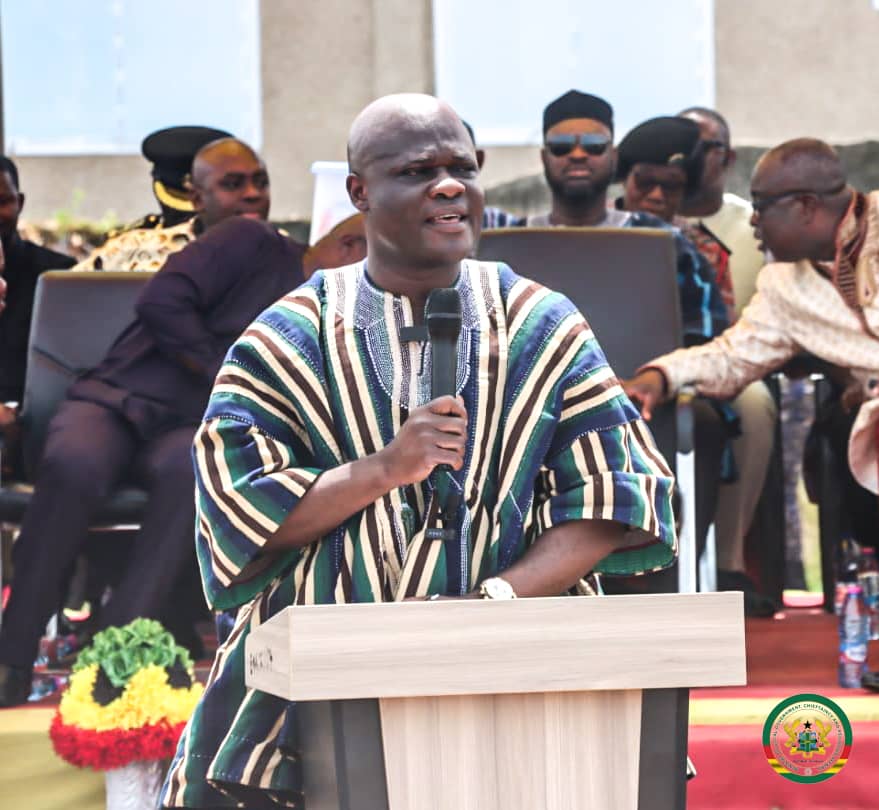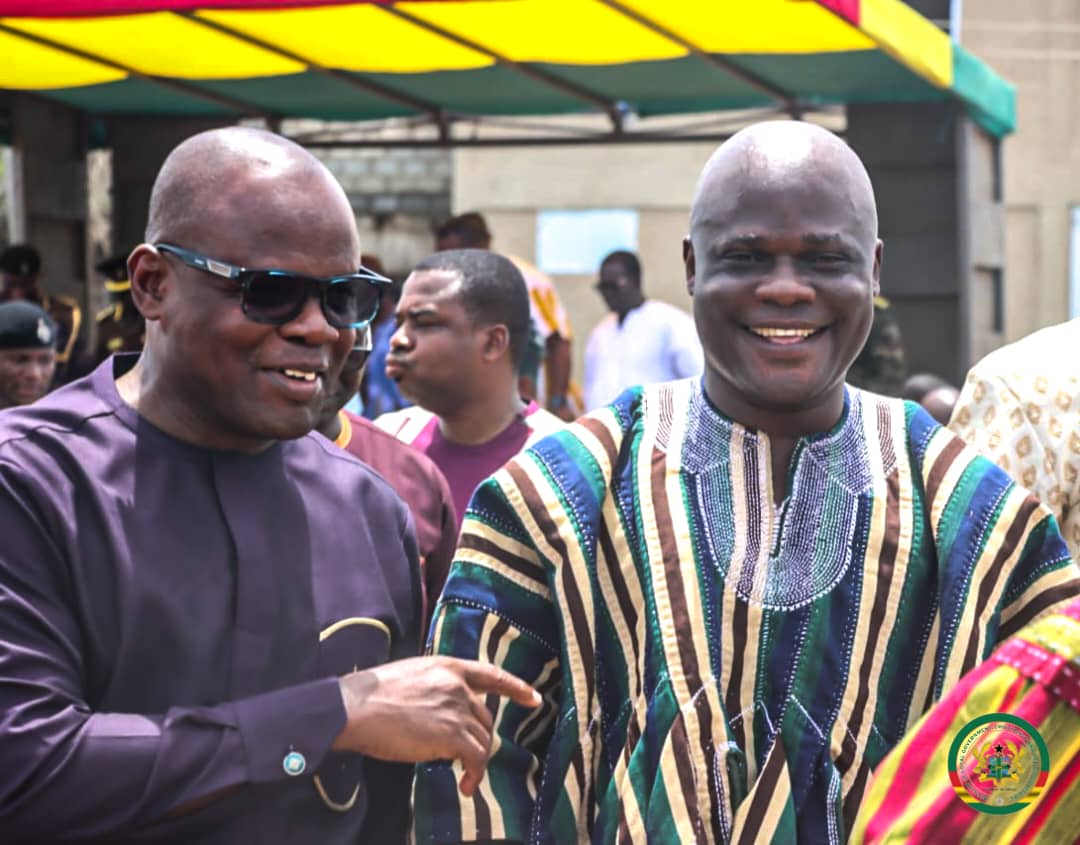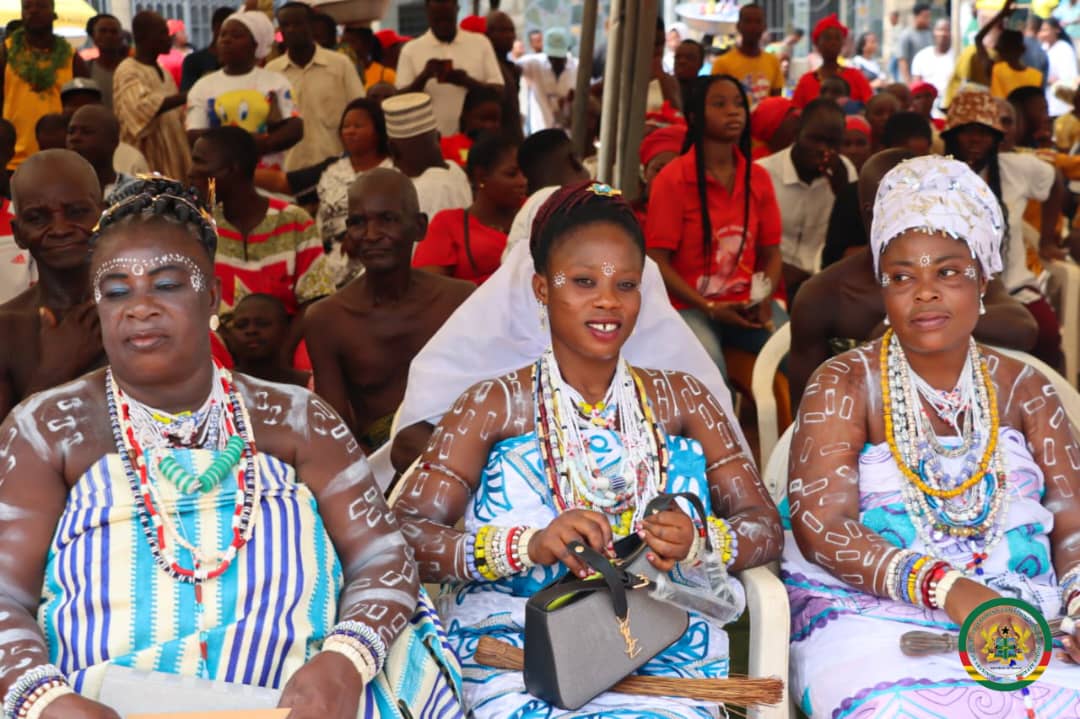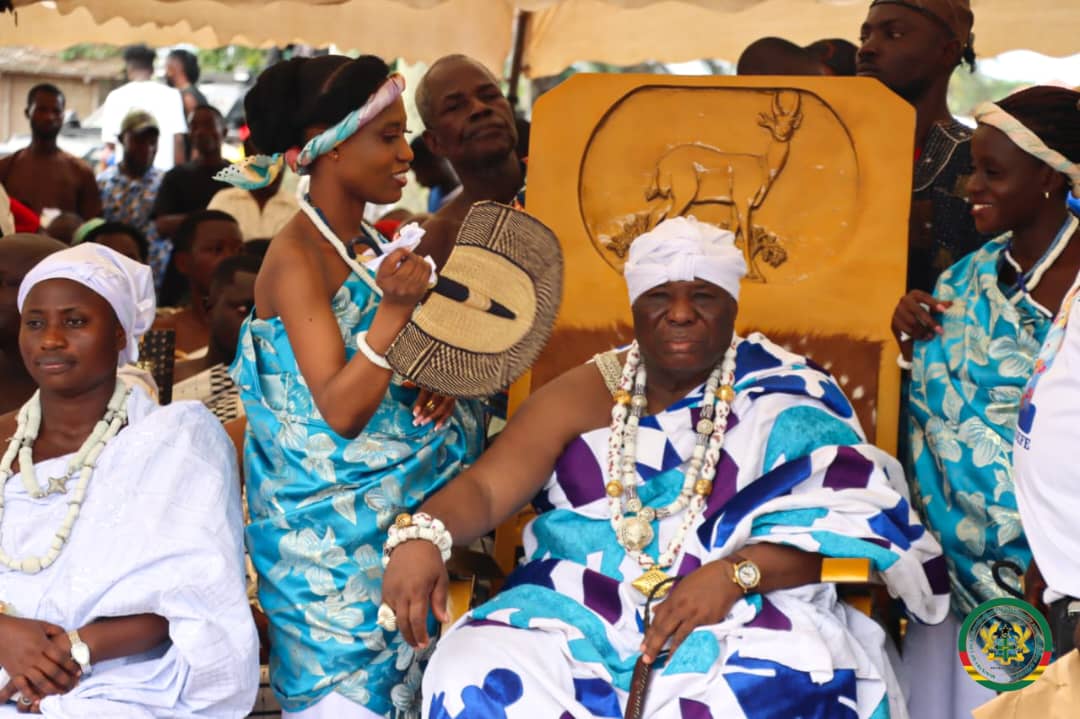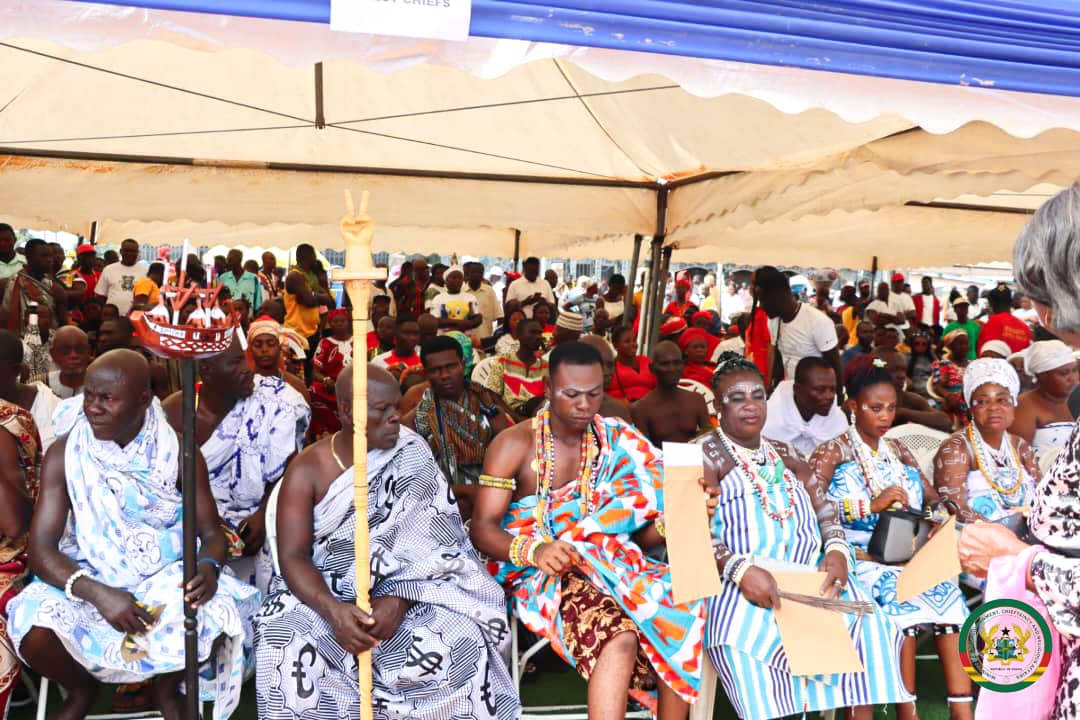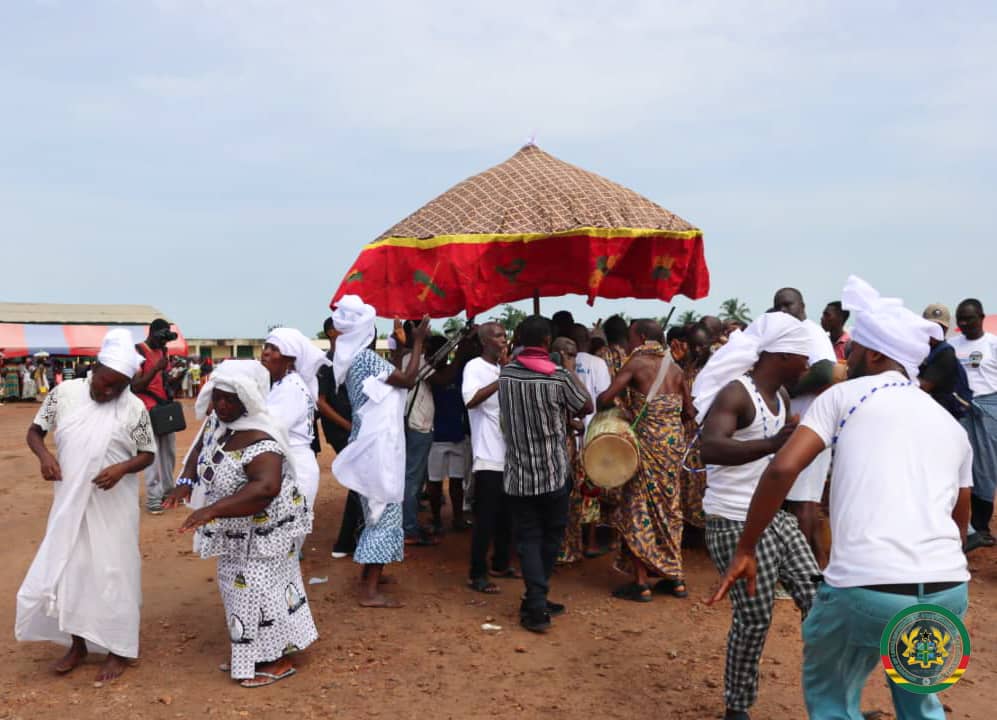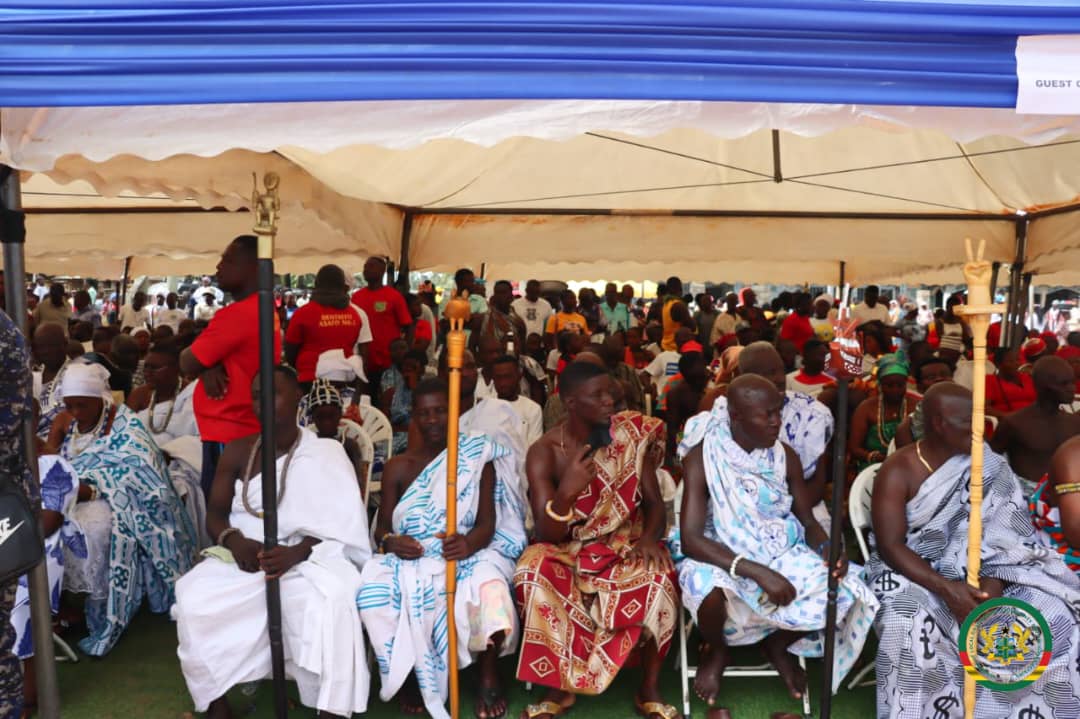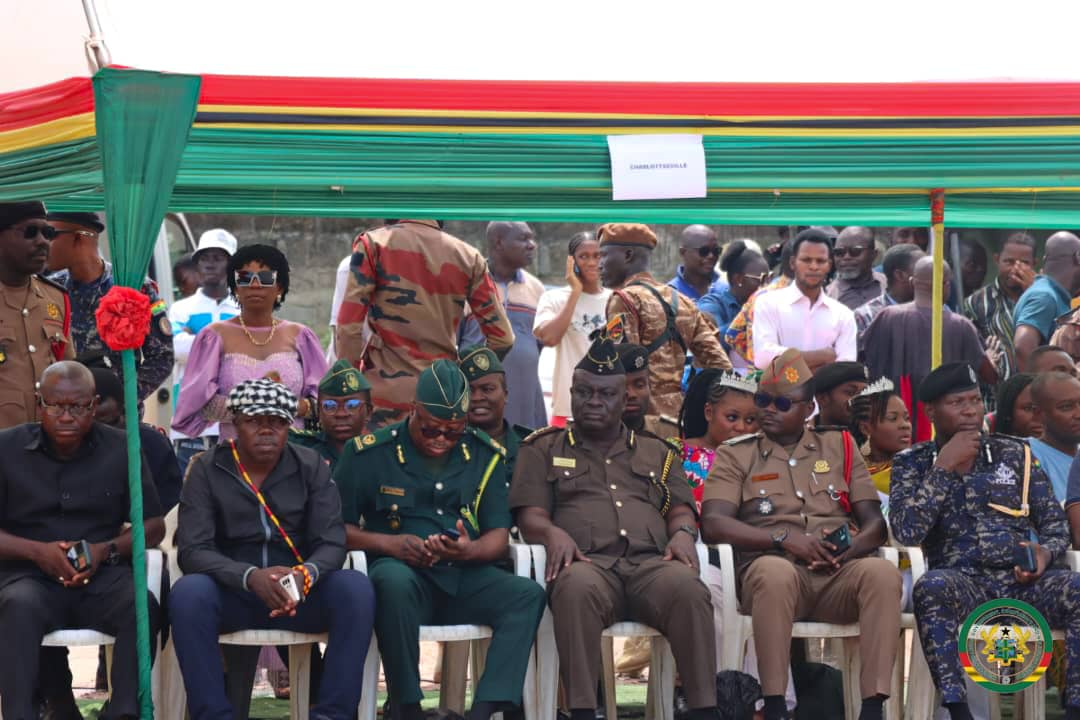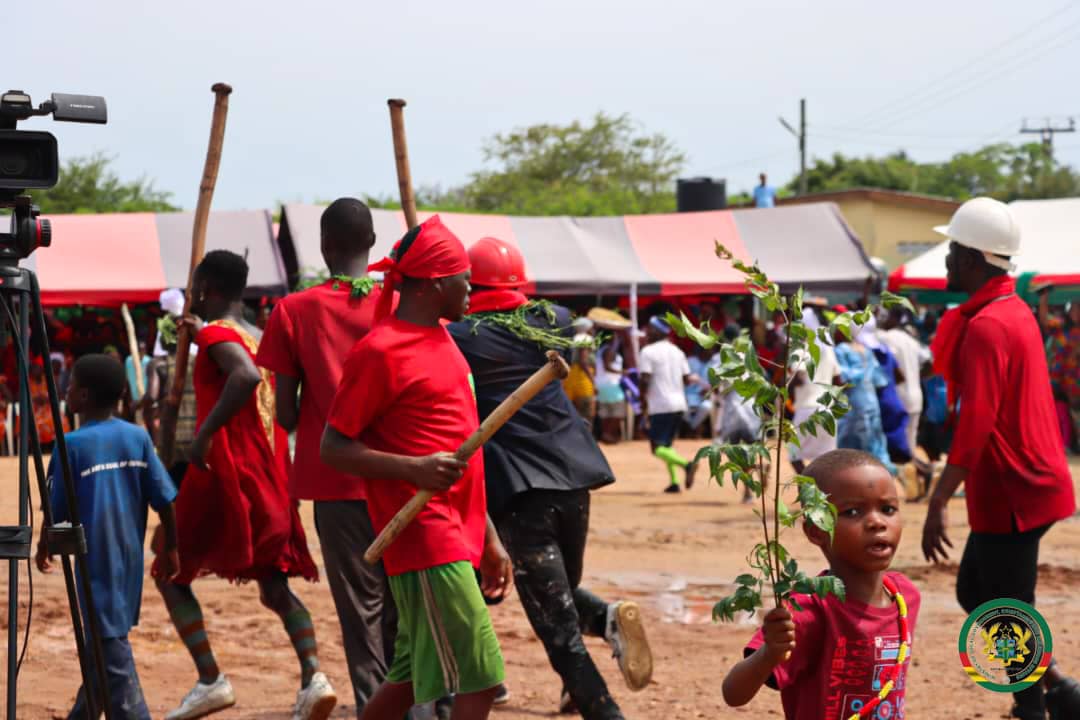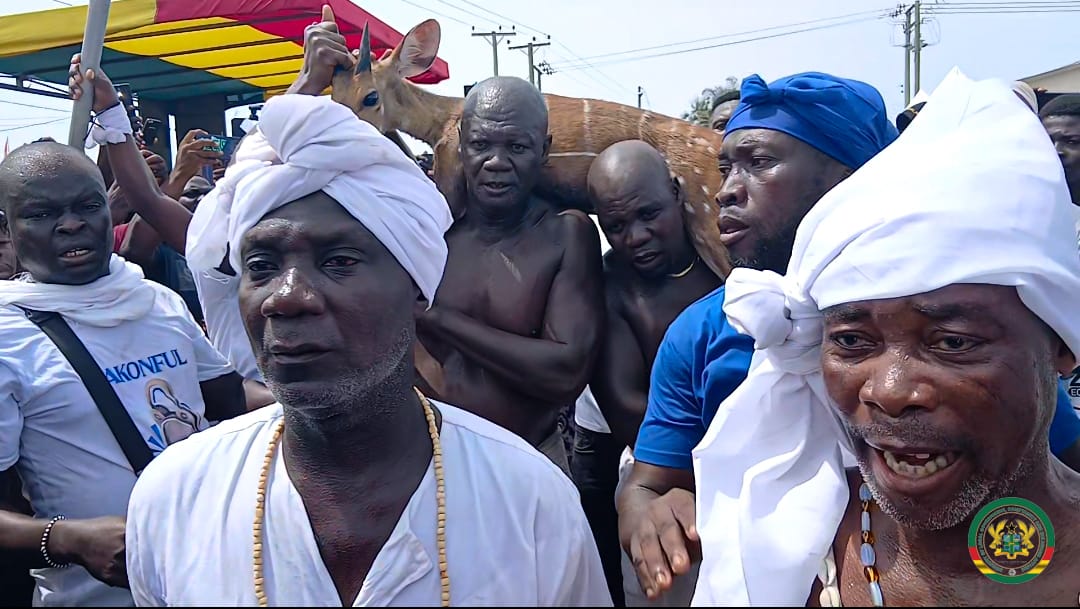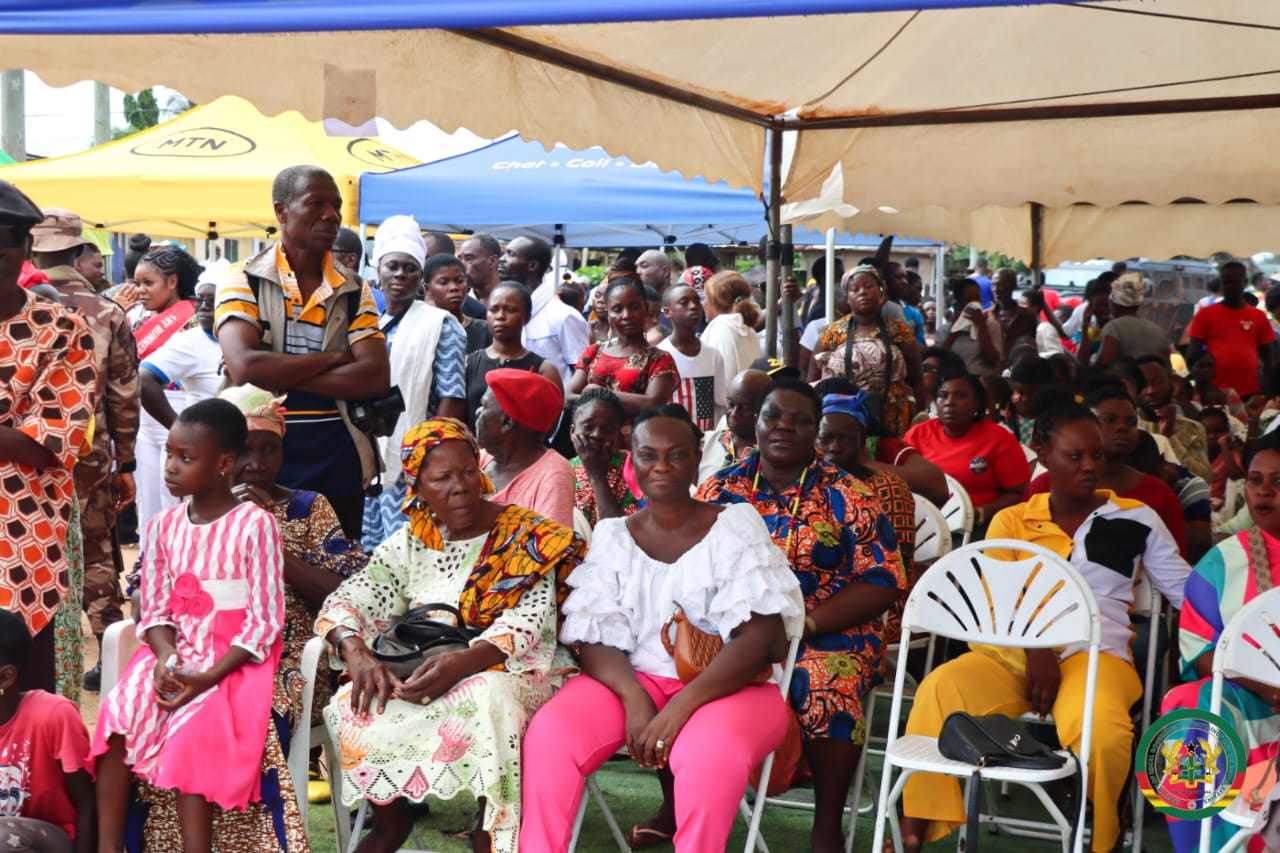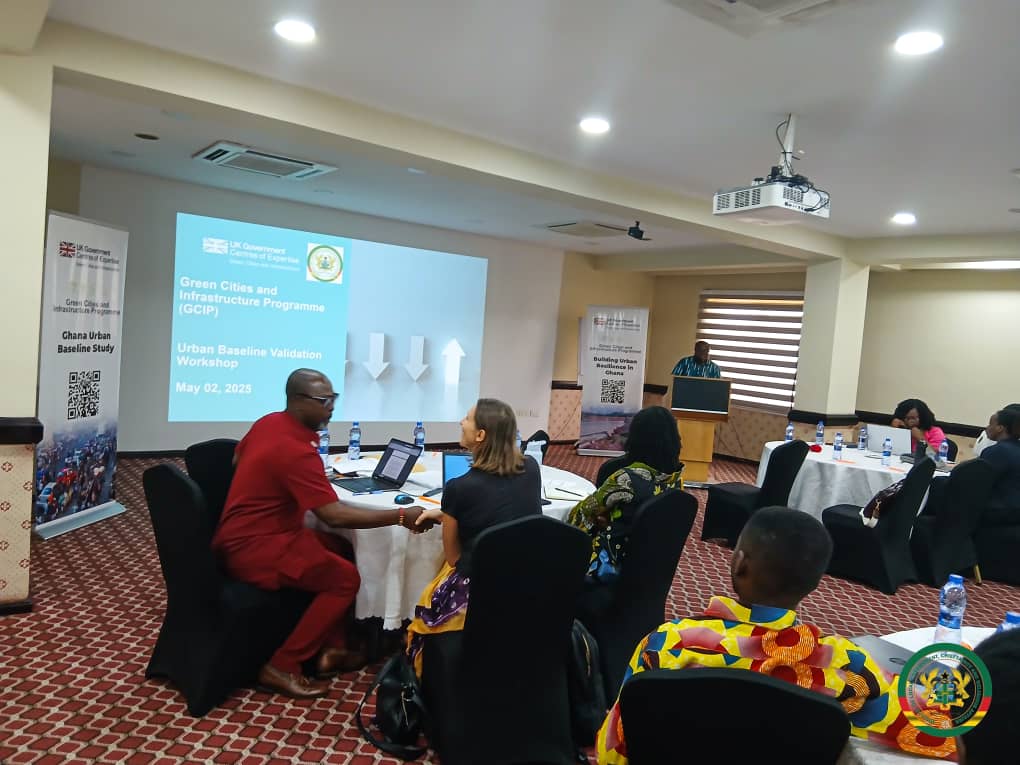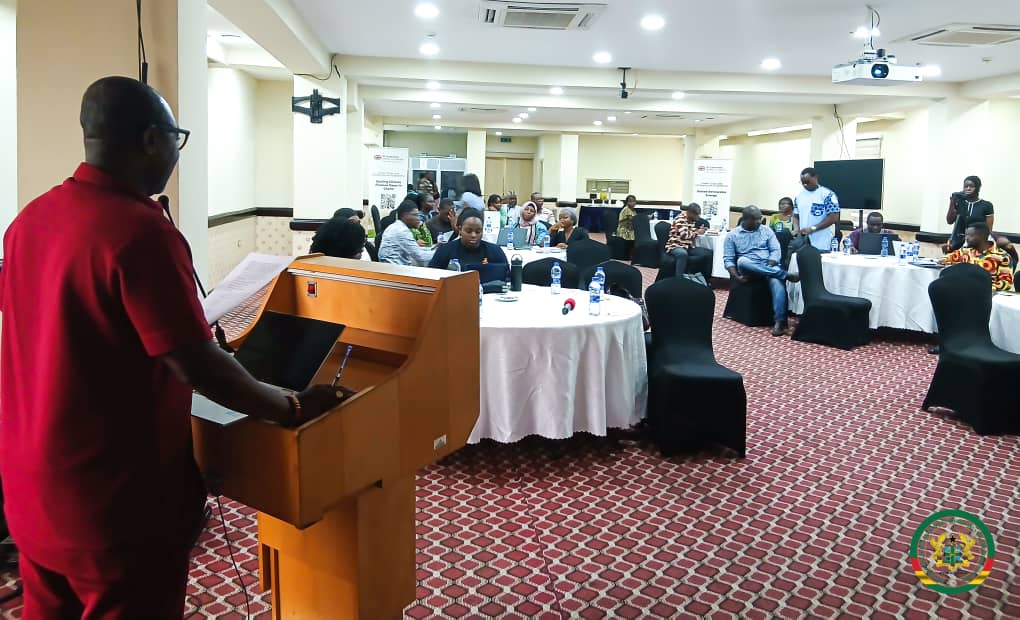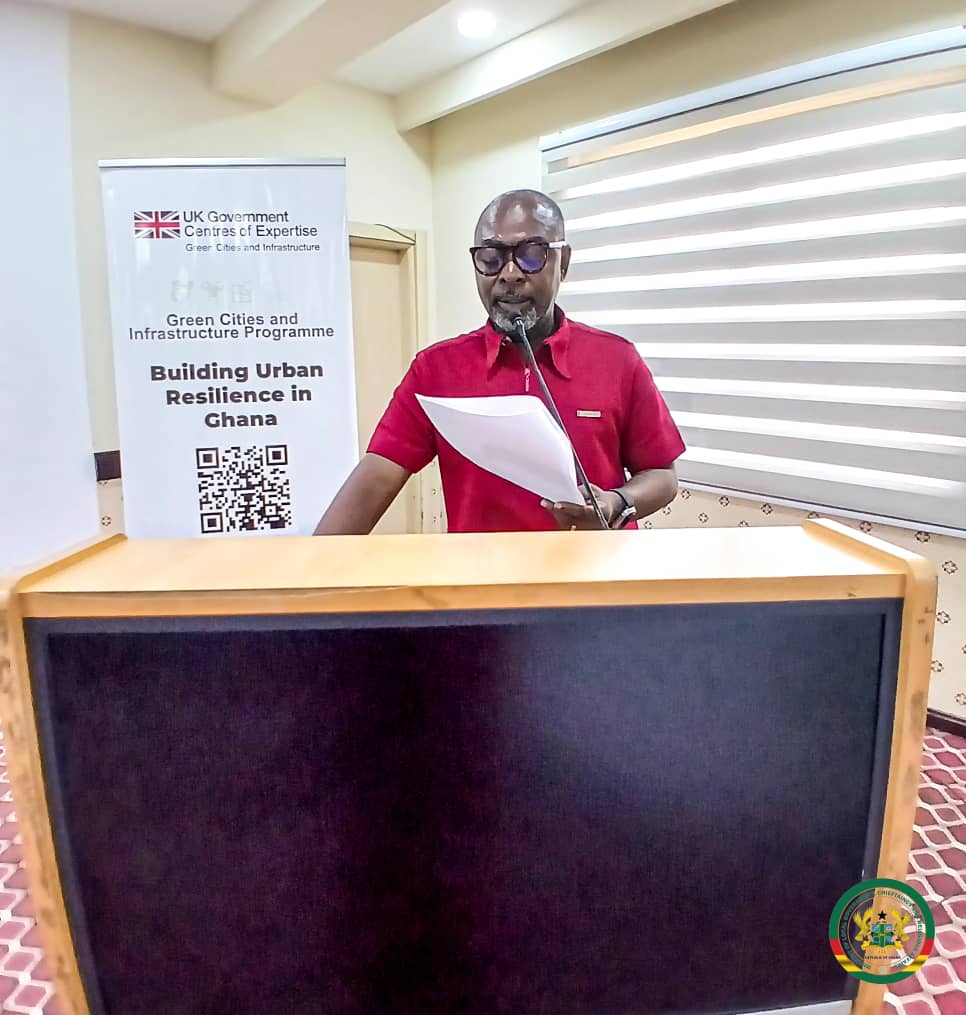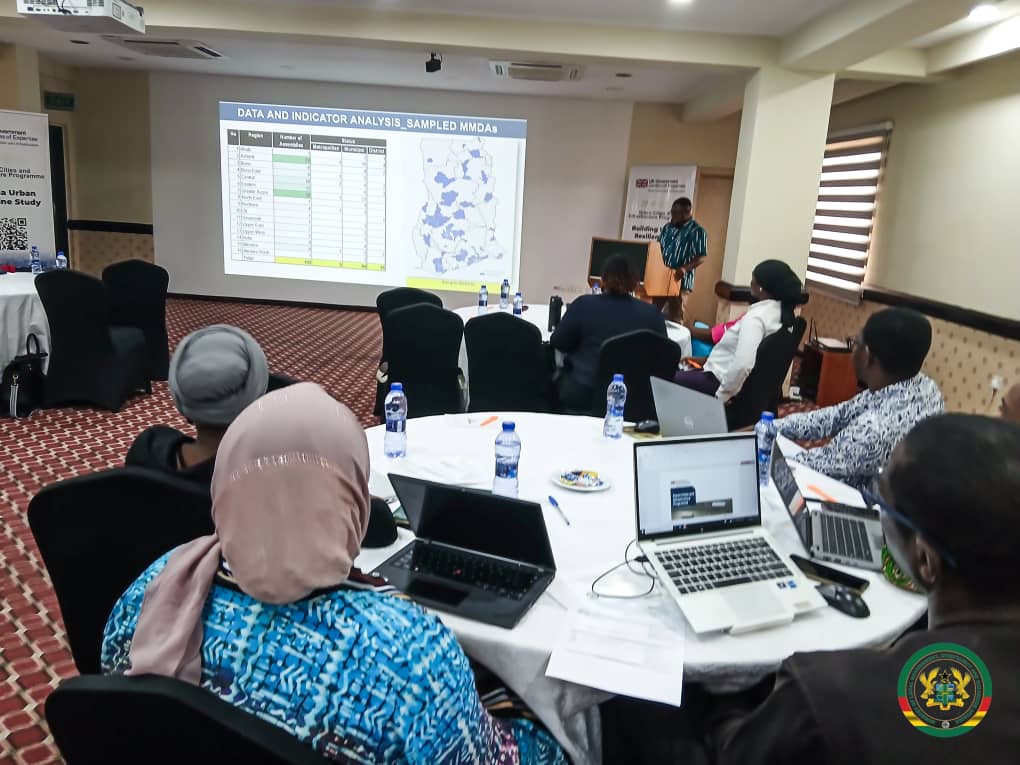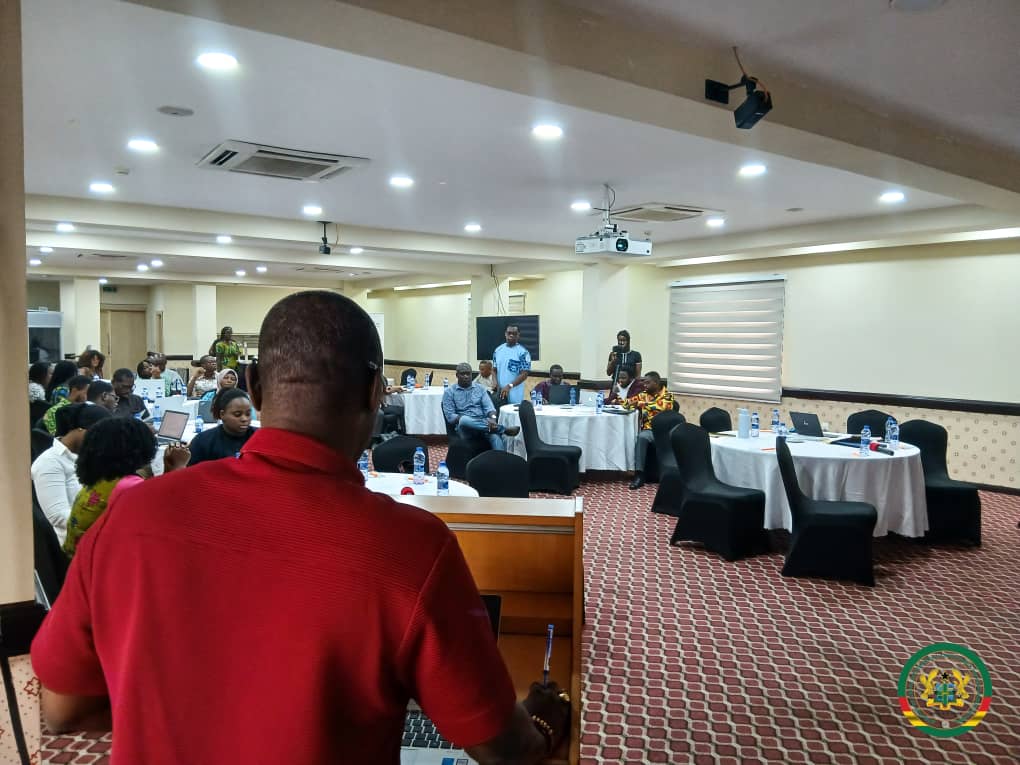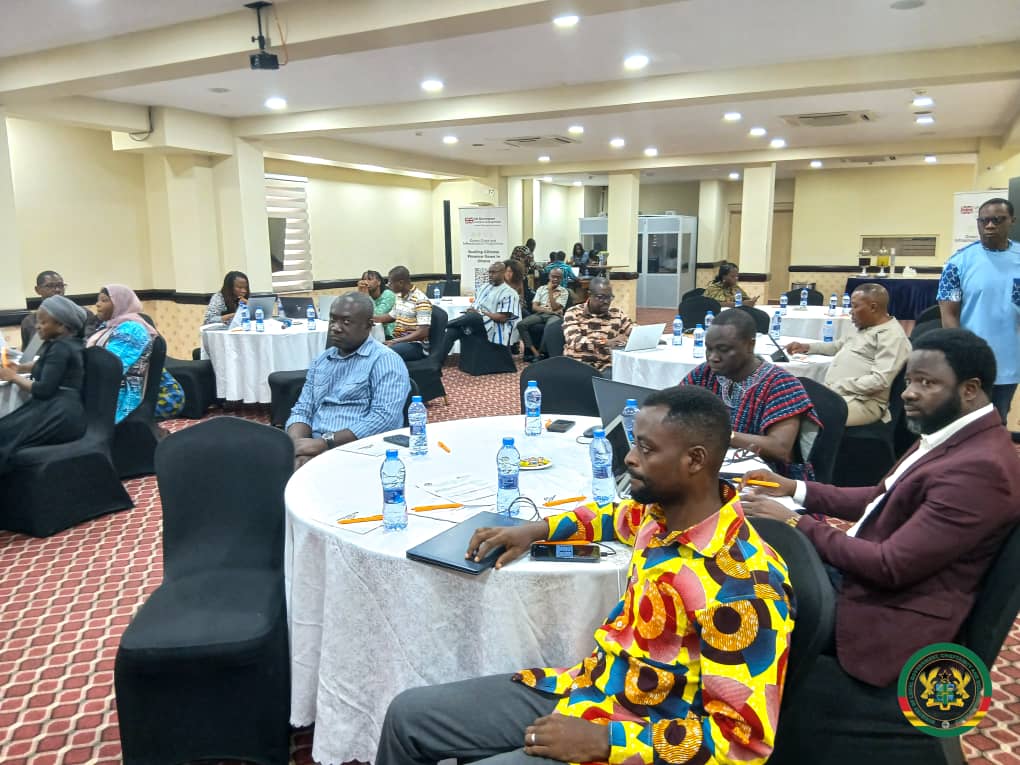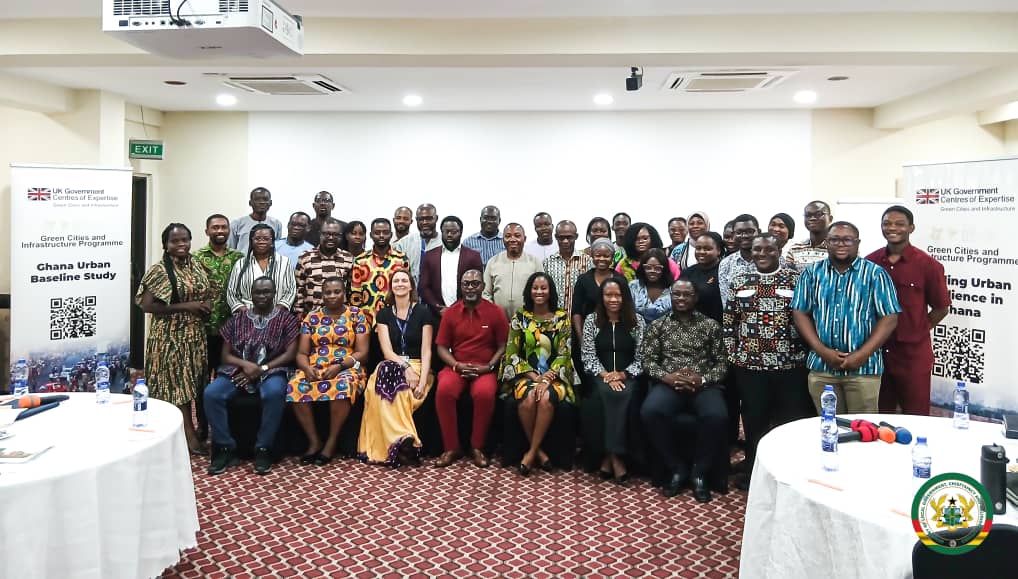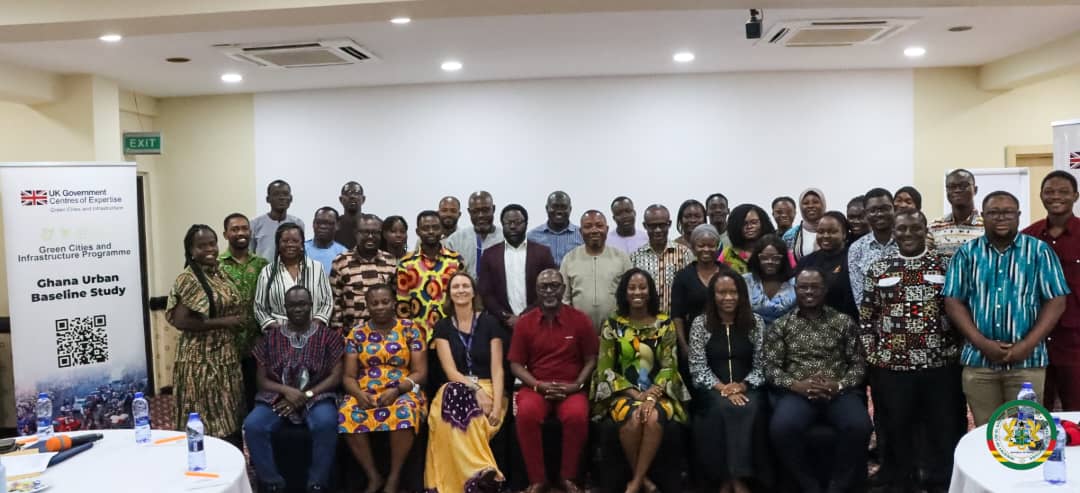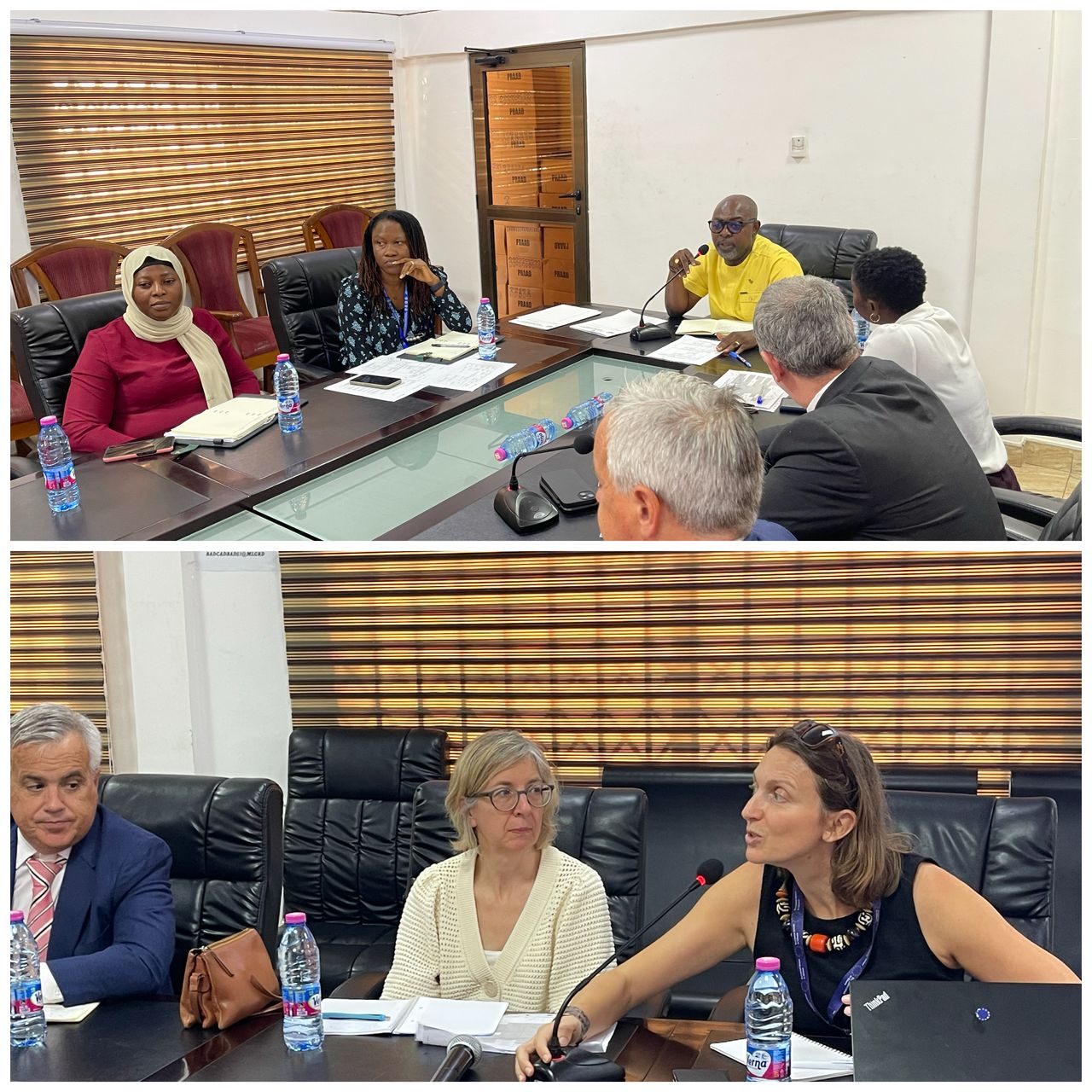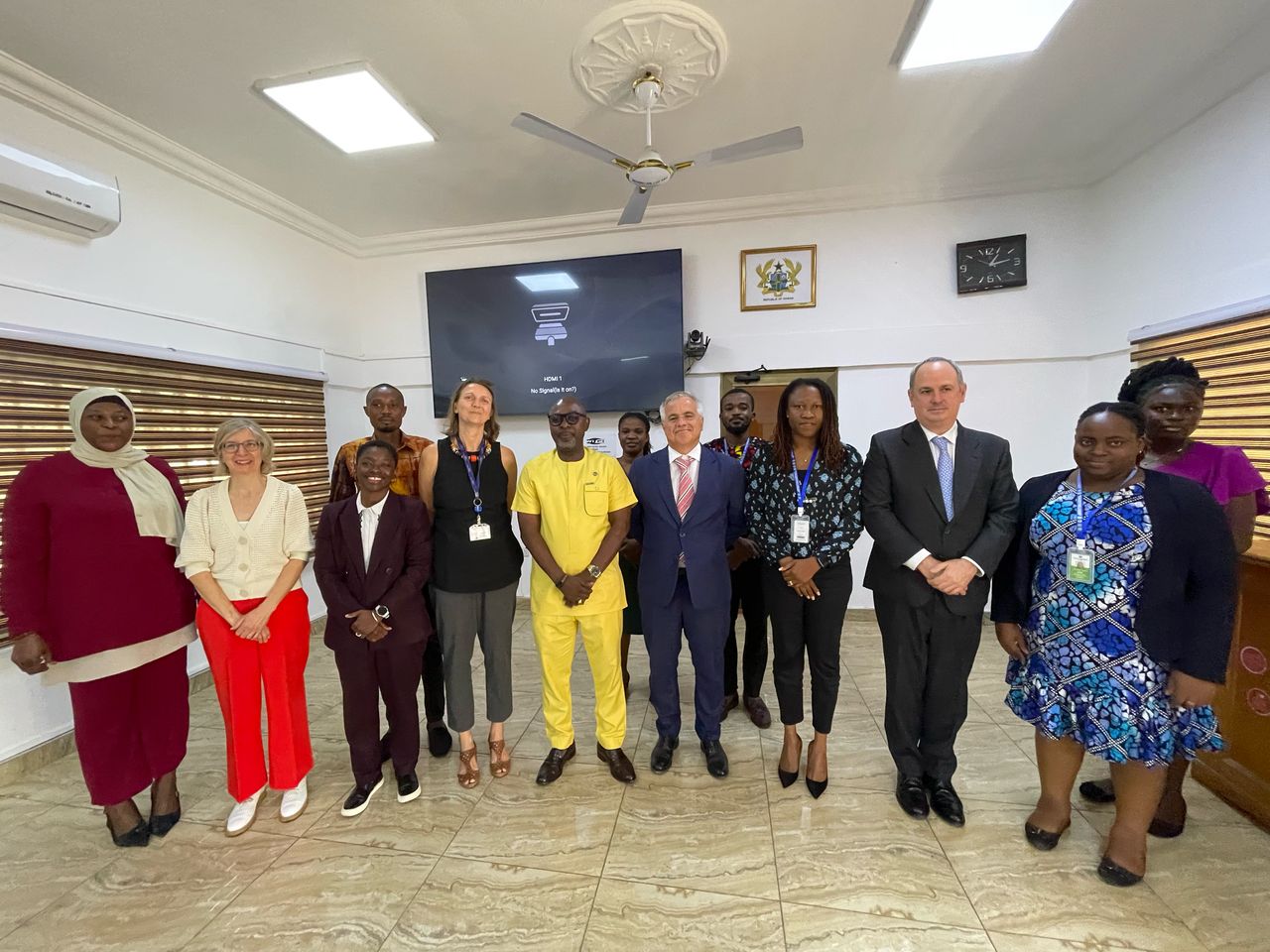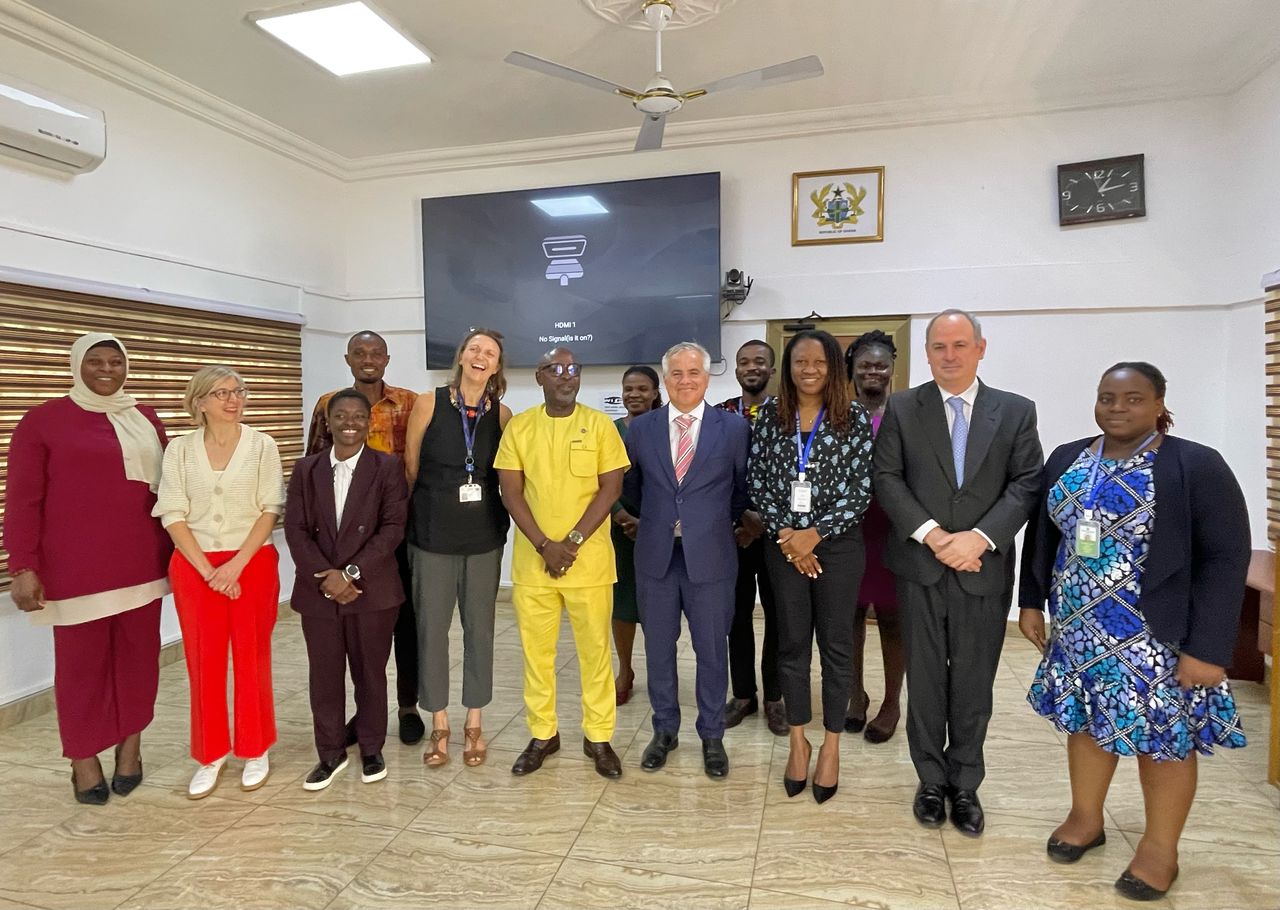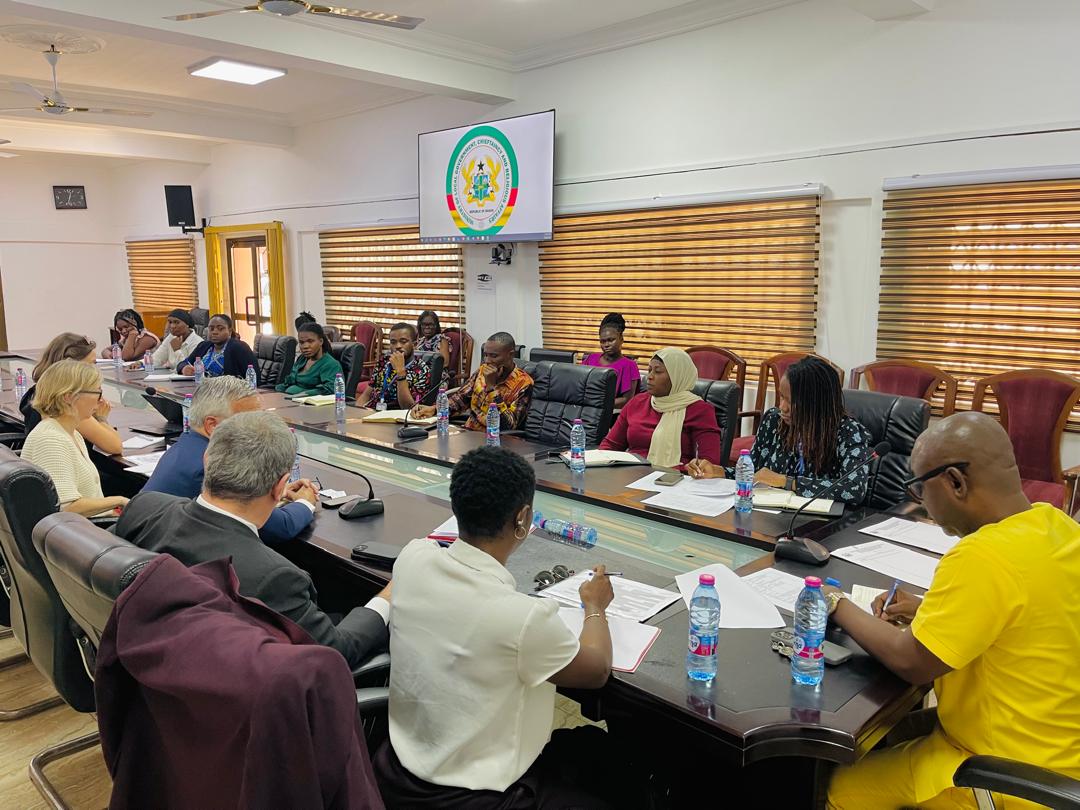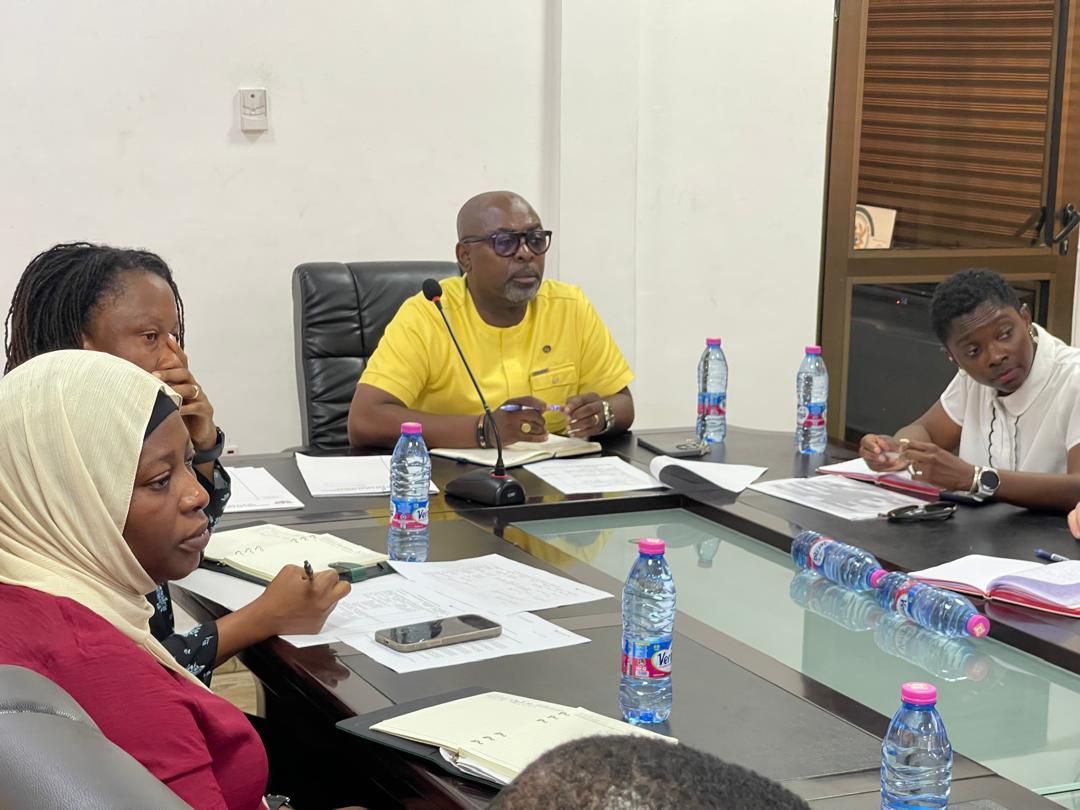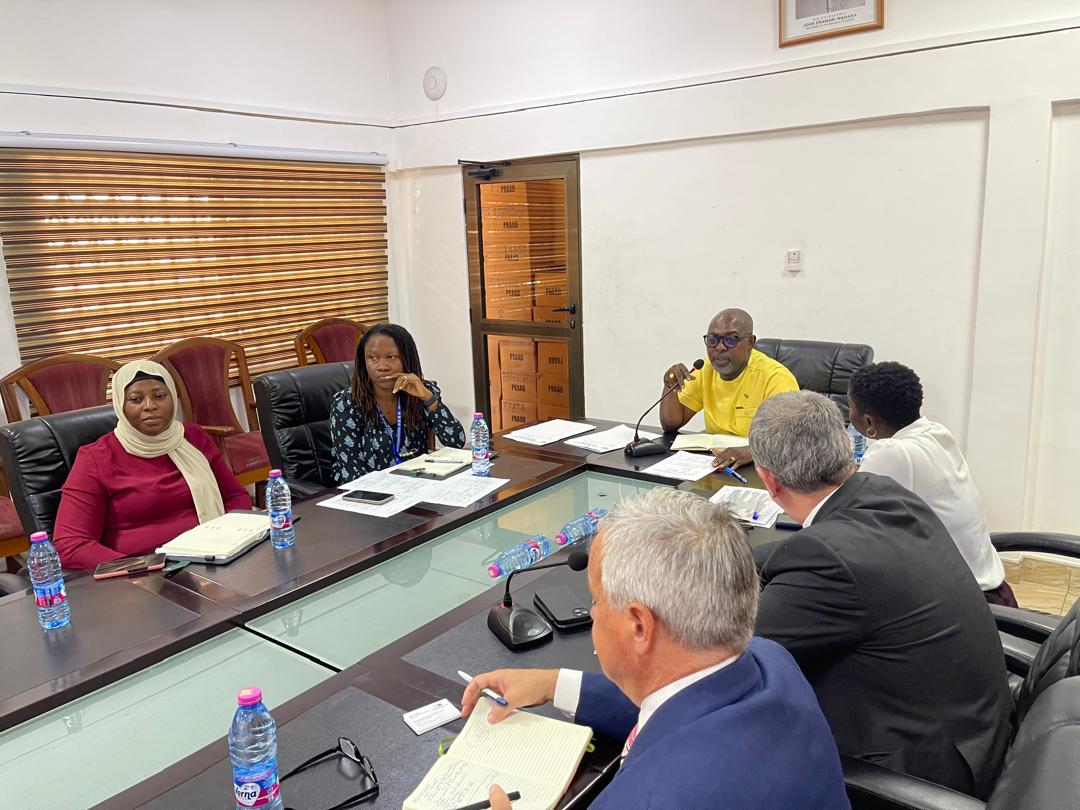The Minister for Local Government, Chieftaincy and Religious Affairs, Hon. Ahmed Ibrahim, has called on Ghanaians to embrace collective responsibility for environmental cleanliness, describing it as a foundation for healthy living, tourism growth, and sustainable development.
Addressing thousands at the grand durbar of the 2025 Aboakyir Festival in Winneba on Saturday, May 3, Hon. Ibrahim praised recent community-led sanitation efforts in the Efutu Municipality and encouraged residents to sustain them. He further urged active public participation in national campaigns such as the reintroduction of the National Sanitation Day and the upcoming Green Ghana Day.
“Let us take collective responsibility for our environment. A clean community is the foundation for healthy living, tourism, and economic opportunity,” the Minister stated.
Beyond sanitation, the Minister used the platform to reaffirm government’s broader development agenda, citing the critical link between environmental stewardship and inclusive growth. He underscored the importance of greening public spaces, promoting ecological balance, and integrating environmental consciousness into local governance.
Addressing the gathering, Hon. Ibrahim also highlighted the essential role of traditional authorities, religious leaders, and community elders in safeguarding Ghana’s values and identity. He lauded the Efutu Traditional Area for preserving cultural heritage through the Aboakyir Festival and called for stronger intergenerational engagement to pass on ancestral knowledge and customs.
“Festivals like Aboakyir are not merely celebrations. They are living archives of who we are. We must preserve them not just in performance, but in principle,” he said.
The event, held under the theme “Championing Our Ancestral Legacy,” brought together a distinguished gathering of chiefs, Members of Parliament, the diplomatic corps, the Central Regional Minister Hon. Eduamoah Ekow Panyin Okyere, security agencies, and thousands of citizens from across the country.
In a direct appeal to government, the Omanhene of the Efutu Traditional Area, Neenyi Ghartey VII, called for the rehabilitation of the Winneba Market, citing its deteriorated state and the hardships faced by traders. In response, Hon. Ibrahim pledged government’s commitment to expanding economic infrastructure under the 24-hour economy vision, assuring that modern market facilities would be provided to support local commerce.
The Aboakyir Festival, one of Ghana’s oldest and most revered traditional celebrations, commemorates the bravery and migration of the Efutu people. Its main highlight; the deer-hunting contest between two Asafo companies symbolizes unity, courage, and spiritual devotion, with the captured deer presented as a sacred offering to the gods.
This year’s celebration reaffirmed the enduring bond between culture and development and offered a renewed call for environmental responsibility, peace, and community progress.
Source: Sandra Owusu Asamoah
(Public Relations Unit MLGCRA)

